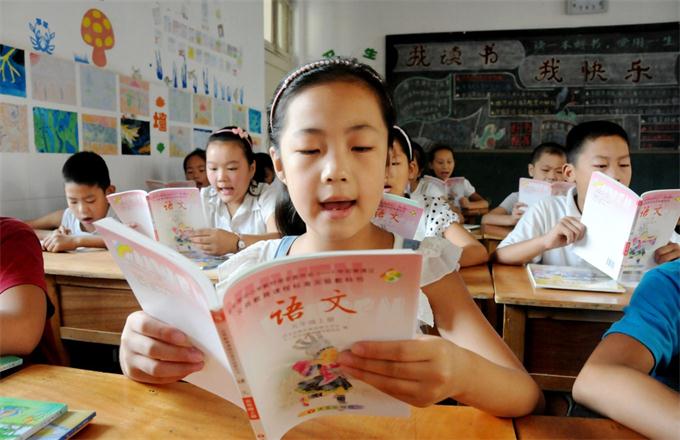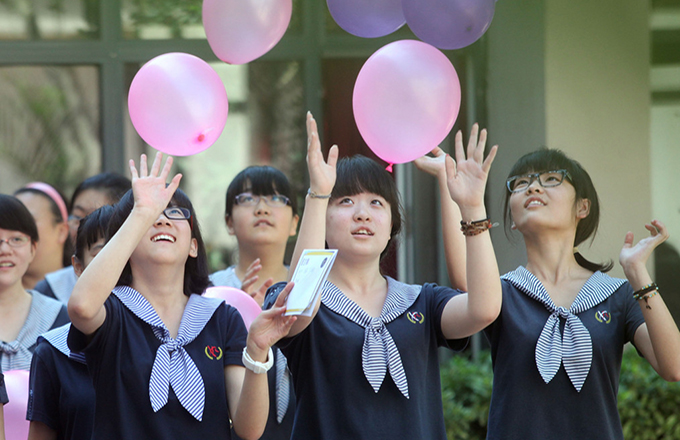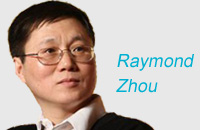Balancing cooperation and friction
By Fu Mengzi (chinadaily.com.cn) Updated: 2013-02-01 16:24Relations between China and the United States deteriorated during Barack Obama's first term as president after an initially promising start.
The last four years have witnessed a growing US diplomatic, economic and security emphasis on the Asia-Pacific region, especially after the country announced in 2011 that it would rebalance the focus of its foreign relations toward Asia. Although some have hailed this as a major diplomatic achievement of the first Obama administration, some adjustments to this policy are required during Obama's second term if US engagement in the region is to be healthy and sustainable.
Due to their mutual strategic suspicion and the US' meddling in the territorial disputes between China and some of its neighbors in the South and East China seas, Sino-US relations during Obama's first term in office ended on a very low note.
In its first term, the Obama administration pursued a policy of balancing and counteracting China's influence in the region with military and strategic readjustments, such as establishing new military bases and increasing the proportion of US forces in the Asia-Pacific, strengthening ties with US allies in the region and conducting recurrent joint military exercises with them.
Seeking to contain China strategically, the US Senate unanimously approved an amendment that reaffirms the US' commitment to Japan in its territorial dispute with China over the Diaoyu Islands.
John Kerry, the new US secretary of state, reiterated that Washington does not take a position on the sovereignty of the islands and the US remains opposed to any escalation of tension, but he also said the islands fall within the Japan-US security alliance and the US will defend Japan in the event of an attack.
Taking advantage of the territorial and maritime disputes between China and some of its neighbors, the US has incorporated the disputes in its efforts to contain China.
Continuing economic growth will further strengthen China's overall capacity and capabilities and accelerate its transition from a regional giant to a global power. As a result, China is of growing strategic importance to the Obama administration, which is seeking to reshape and reinforce the US’ global leadership.
So the US will continue trying to contain and balance China, while still pursuing cautious engagement.
However, although its return to the Asia-Pacific strategy won't change, rather than focusing on rebalancing its military, the US needs to make adjustments to rebalance its economic, political and diplomatic ties with the region.
Strengthening economic ties would enable the US to share in the substantial benefits of the region's fast development. Former US Secretary of State Hillary Clinton said in November that the US was already upgrading the economy in its foreign policy, stressing that diplomacy will be used to support US exports and enterprises overseas.
There will be significant personnel changes in Obama's cabinet during his second term, the secretary of state, defense minister, commerce minister and CIA chief have, or will be, changed. If these personnel changes lead to changes in the US' China policy so it becomes more balanced, it will be a positive development.
Certainly John Kerry, an experienced and prudent diplomat, has a more pragmatic and realistic stance toward China than Hillary Clinton, as he views the US and China as competitors rather than adversaries.
Politicians in both countries should acknowledge that cooperation and friction will coexist for a long time, and they should try to resolve their differences through dialogue to advance their cooperation and development. This is not only important for the future of Sino-US relations but also for a peaceful, stable and prosperous future for the Asia-Pacific region and the whole world.
The author is the vice-president of the China Institutes of Contemporary International Relations.












